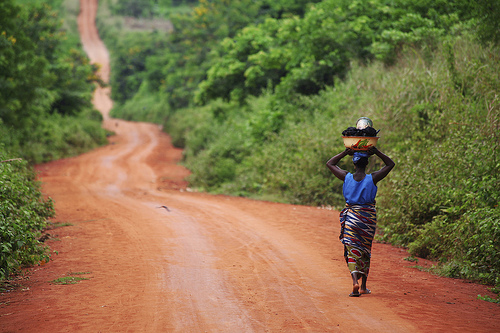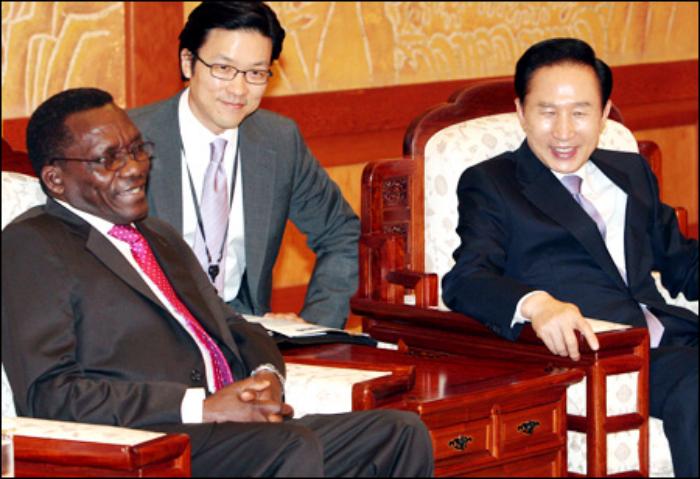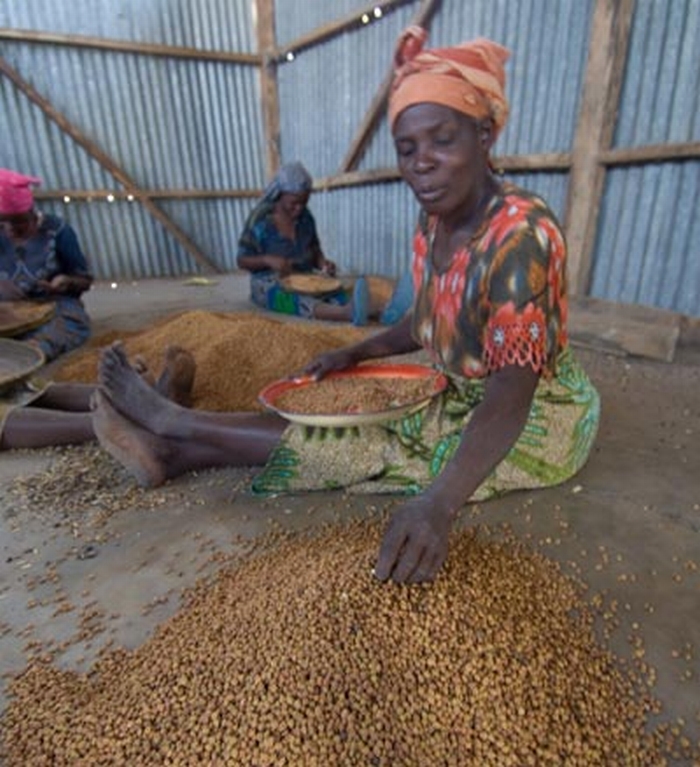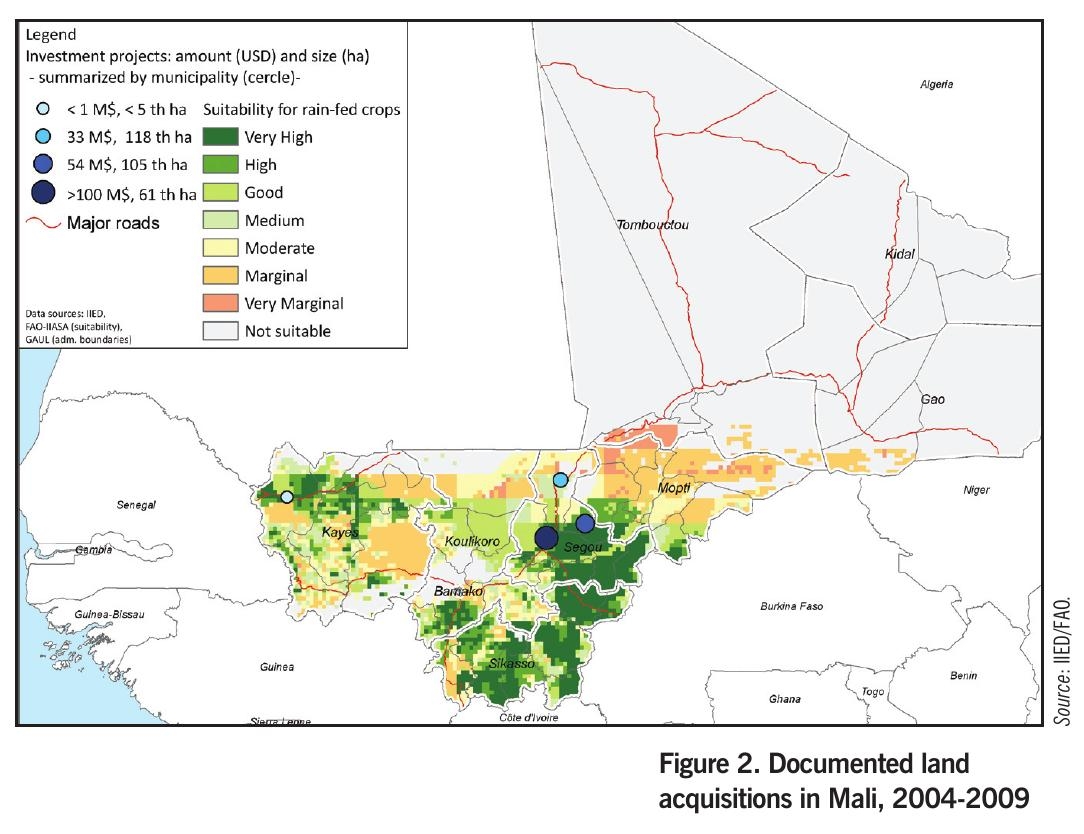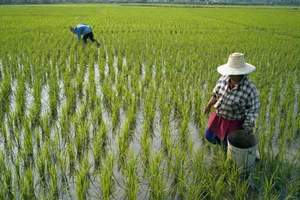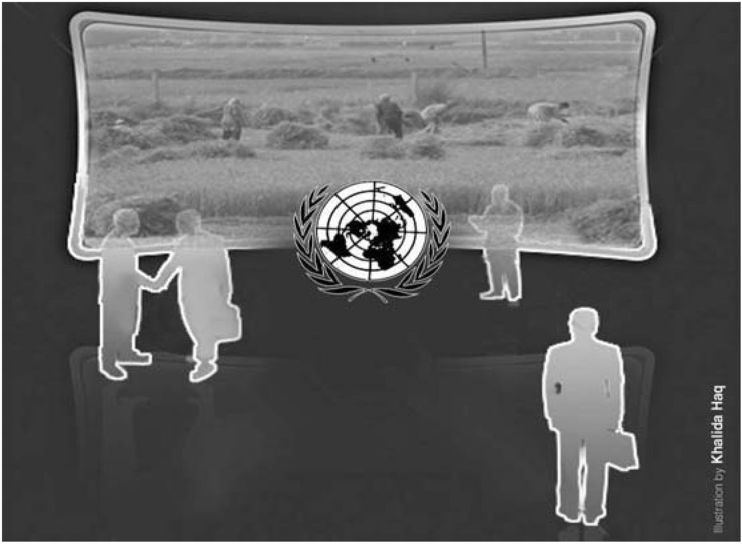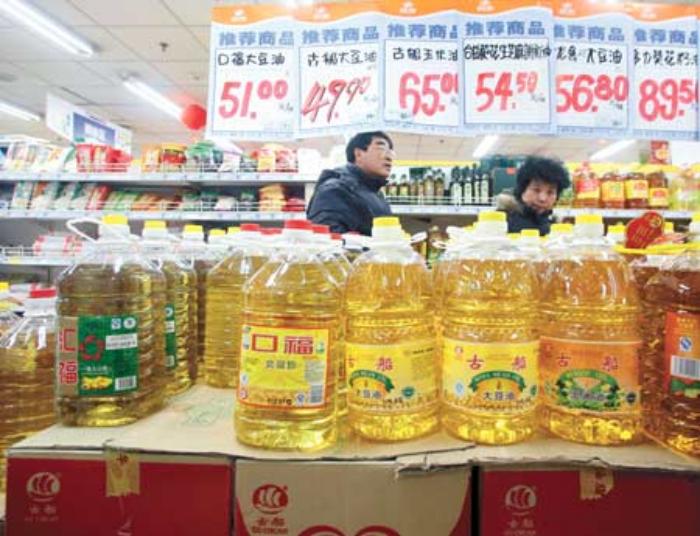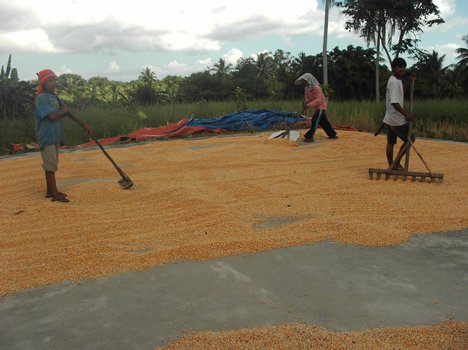Korea shifting to agricultural aid in resource diplomacy
- Joong Ang Daily
- 25 September 2009
The Korea Rural Community Corporation, under the Agriculture Ministry, said it is also in talks with other resource-rich countries about deals in exchange for support for the construction of agricultural infrastructure or farms. Among the negotiating partners mentioned were Indonesia, Laos, Myanmar, Senegal and Mongolia.




